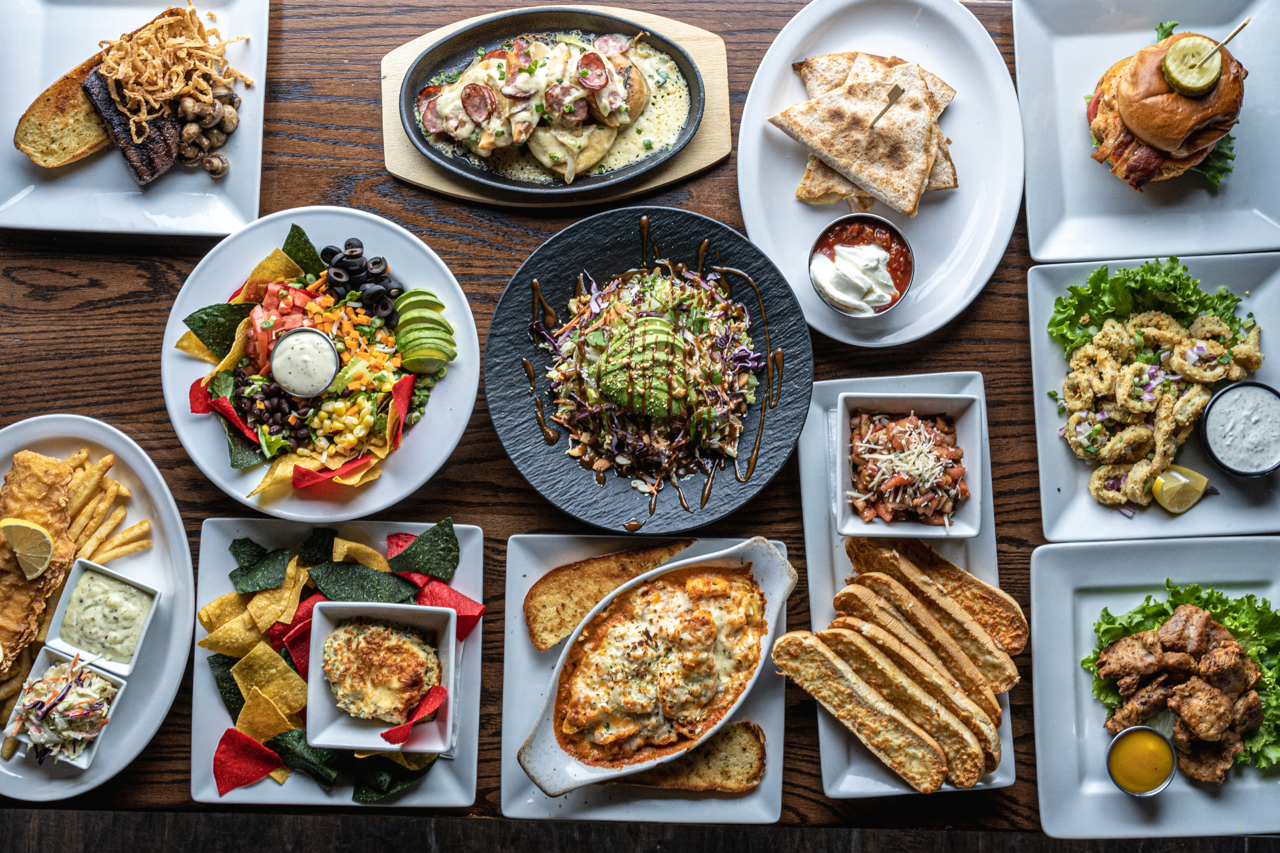
Embracing Food & Body
At Appleman Nutrition, we believe nourishing yourself and your family can be both intuitive and joyful. Your relationship with food should be one of trust, not struggle.
WHO WE ARE
At Appleman Nutrition, we understand your
relationship with food is deeply personal.
It's shaped by your history, your family, your culture, and your individual needs. That's why we've built our practice on a foundation of compassion, clinical expertise, and the unwavering belief that all bodies deserve respect and nourishment.
Our philosophy is simple yet powerful: ALL foods can fit into a balanced, healthy life. We know that "perfect" eating is actually rather imperfect, and that a person can be "perfectly healthy" without exercising strict control over their food intake. We believe in a diet that is inclusive and in a relationship with food that is intentional, mindful, and easily managed.
Whether you're navigating the complexities of feeding your family, working through your own relationship with food and body, or supporting a loved one through health challenges, we're here to listen without judgment and guide you with evidence-based care that actually makes sense for your life.
You don't need another set of rules to follow.
You need someone who gets it - and we do.
OUR SERVICES
How We Can Help You
OUR SPECIALTIES
Specialized Support for Life's Complexities
Our evidence-based approach helps you move beyond the noise of diet
culture to discover what truly serves your body and well-being.
OUR TEAM
Experts Who Truly Understand
We are a highly specialized team of Registered Dietitians with decades of combined experience.
What sets us apart isn't just our clinical expertise - it's the way we truly connect with and care for our clients.
We develop meaningful relationships with the children, adolescents, adults, and families who seek our guidance because we know that healing happens in the context of trust and understanding.
Our team approach ensures that your needs are regularly and thoroughly reviewed. We collaborate not just with each other, but with the medical professionals on your team - physicians, therapists, and psychiatrists - to provide comprehensive care that addresses all aspects of your health and well-being.
Most importantly, we've been where you are. We understand the frustration of feeling disconnected from your body, the exhaustion of food rules that don't work, and the worry that comes with wanting the best for your family. Our work is defined by the trusting relationships we develop with you, our clients, because we believe that's where real, lasting change begins.
Ready to Begin?
Food doesn't have to be complicated, and you don't have to navigate your nutrition concerns alone. Whether you're seeking support for yourself or your family, wondering if your relationship with food could be easier, or simply ready to try a different approach - we're here.
Because everyone deserves to feel at peace with food and confident in their body.
Rebecca Appleman, RD
FOUNDER & EXECUTIVE DIRECTOR
Your first step is a complimentary discovery call with Rebecca, where you can share what's on your mind and learn how our approach might serve you. No pressure, no sales pitch - just an honest conversation about what you're experiencing and how we might help.






